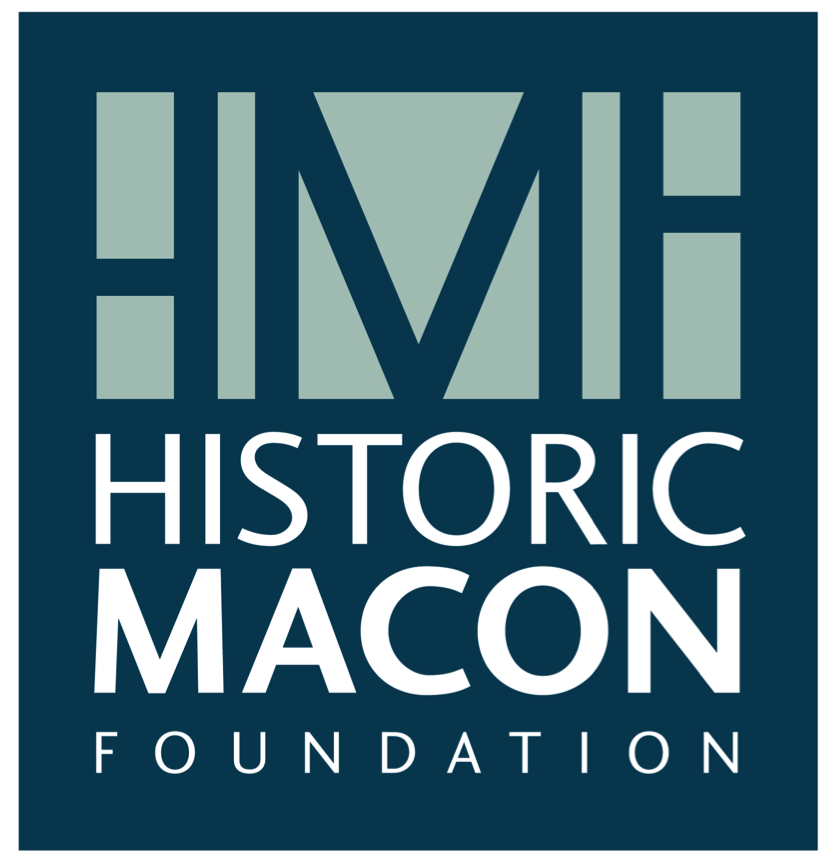MAKING A REAL DIFFERENCE in macon
Throughout Macon’s history, Black men and women have made substantial contributions to our city, overcoming obstacles and blatant discrimination to achieve. Here’s a look at just a few of them that we’ve chronicled:
Article about the Bibb County Superior Court’s Enslaved People Project, which used deed books to document slave ownership in Macon: https://bit.ly/3A5VTgt
Article about E.E. Green, a formerly enslaved man who becase a doctor and lived in the Pleasant Hill neighborhood: https://bit.ly/4fsv86e
Article about Ruth Hartley Mosley, a successful businesswoman during a time when the odds were squarely against a woman, especially a woman of color: https://bit.ly/46zx5de
Article about Bartholomew Duhart, a builder know for his distinctive touches: https://bit.ly/46dJGCz
Article about renowned fabric artist Wini McQueen: https://bit.ly/3LRNSi6
Article about longtime brick mason Roscoe Ross: https://bit.ly/3YvL4yK
Article about the Roxy Theater, a cinema for Black people during segregation: https://bit.ly/3NcZmxW
Article about Macon sites in the book and movie “Green Book:” https://bit.ly/3Yvuqz5
History of the Tybee neighborhood, which was displaced for industry: https://bit.ly/3qhjd63.
Macon’s historic Douglass Theatre offered live entertainment to people of color during decades of Jim Crow segregation.
African American Heritage Study
The National Trust for Historic Preservation awarded Historic Macon a grant to conduct an African American Heritage Study after the demolition of Tremont Temple and the Douglass House. The loss of these two important structures highlighted the extreme development pressure on the Cotton Avenue Historic District and the need to better document Macon's many African American cultural resources.
Historic Macon held several public meetings that were facilitated by Jeanne Cyriaque of Georgia's Historic Preservation Division. Cyriaque published a report on her findings to help preserve African American resources in Macon.
Cotton Avenue District Walking Tour
In response to the study, the Cotton Avenue district, Macon's historically African American business district, became one of the sites listed in Macon's Fading Five. To draw attention to this historically and culturally significant site, Historic Macon published a walking tour brochure that can be downloaded. Hard copies can be picked up at Historic Macon’s office, 950 Third St., the Macon's Convention and Visitors Bureau, the Tubman Museum, and the Ruth Hartley Mosley Memorial Women's Center.

